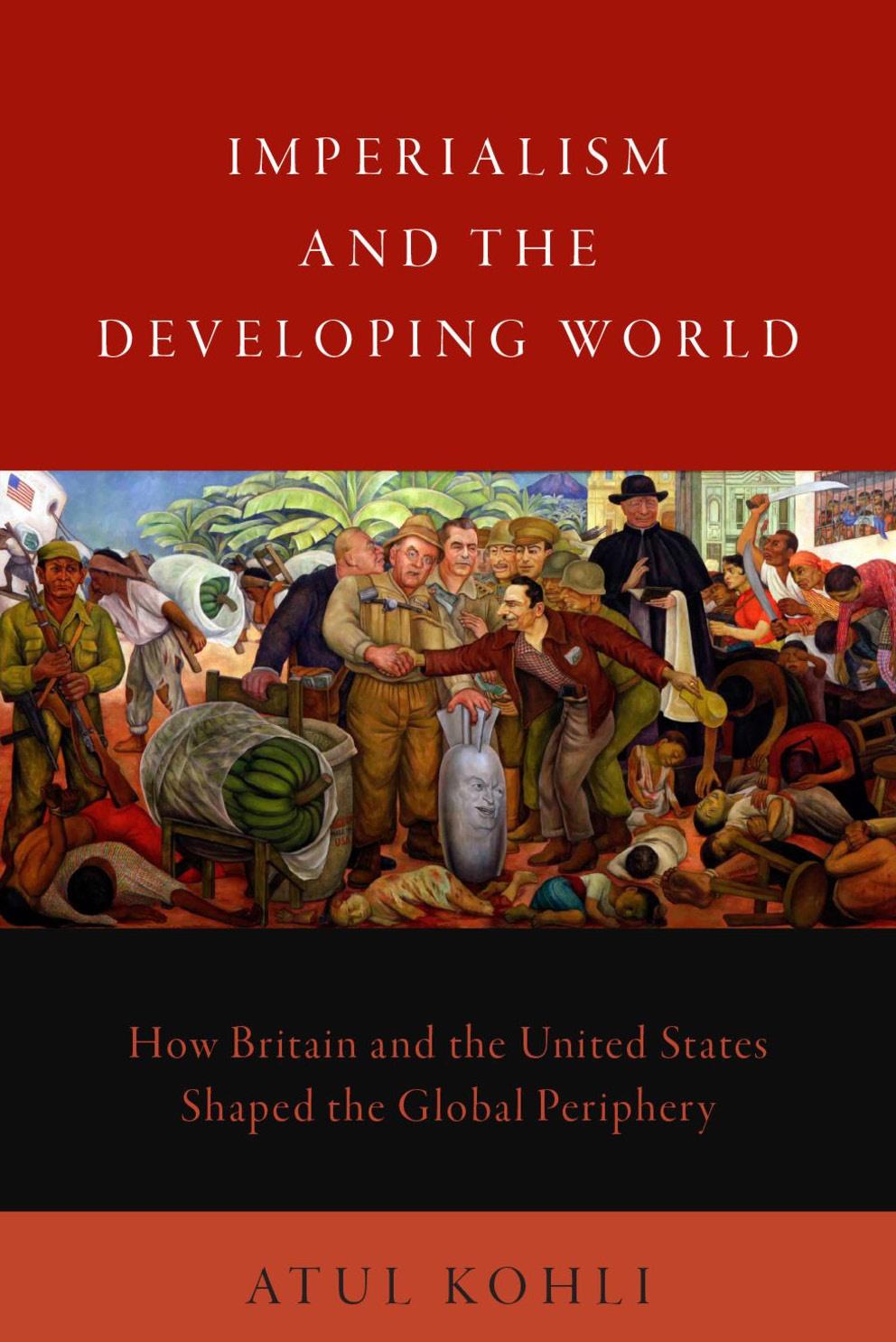
How did Western imperialism shape the developing world? In Imperialism and the Developing World, Atul Kohli tackles this question by analyzing British and American influence on Asia, Africa, the Middle East, and Latin America from the age of the British East India Company to the most recent U.S. war in Iraq. He argues that both Britain and the U.S. expanded to enhance their national economic prosperity, and shows how Anglo-American expansionism hurt economic development in poor parts of the world.
“Imperialism and the Developing World is a terrific book that engages with crucial enduring questions. It is refreshing to read work in political science that makes such important and challenging arguments. Atul Kohli’s newest work will be much-read and debated. “
-Robert O. Keohane, Professor of International Affairs, Princeton University
“This fascinating book retraces the long arc of economic imperialism, from the East India Company to the Washington Consensus of the late 20th century. Kohli argues national economic interest led Britain and the U.S. to undermine national sovereignty in the periphery, and the prospects of economic development that goes with it. This is a work of considerable scholarship, serious yet readable.”
-Dani Rodrik, Ford Foundation Professor of International Economy, Harvard Kennedy School
“This is a grand study of the relationship between imperialism and its impact on developing countries. The author demonstrates an enormous depth of research and analysis, with an admirable style of writing and clarity in unpacking some of the very complex issues. The manuscript is indeed a very impressive piece of academic work. It is highly readable and a scholarly treasure for students of history, politics and international relations, as well as policy makers.”
-Amin Saikal, Professor of International Relations, Australian National University
“This monumental new book on imperialism is a very important contribution to our comprehension of the role of Britain and the United States in the developing world. Whether or not one agrees with Kohli’s basic arguments-that imperialism is driven by the pursuit of national economic interest and that it undermines the development prospects of poor countries by limiting their sovereignty-his careful accumulation of historical information provides the basis for understanding key international processes in the 19th and 20th centuries.”
-Barbara Stallings, William R. Rhodes Research Professor, Watson Institute for International Studies, Brown University
Atul Kohli is the David K.E. Bruce Professor of International Affairs at Princeton University. He is the author of several books, including Poverty amid Plenty in the New India, which was a Foreign Affairs Best Book of 2012 on Asia and the Pacific, and State-Directed Development, winner of the 2005 Charles Levine Award of the International Political Science Association. He served as the chief editor of the journal World Politics from 2006-13 and was Vice President of the American Political Science Association during 2009-10.




